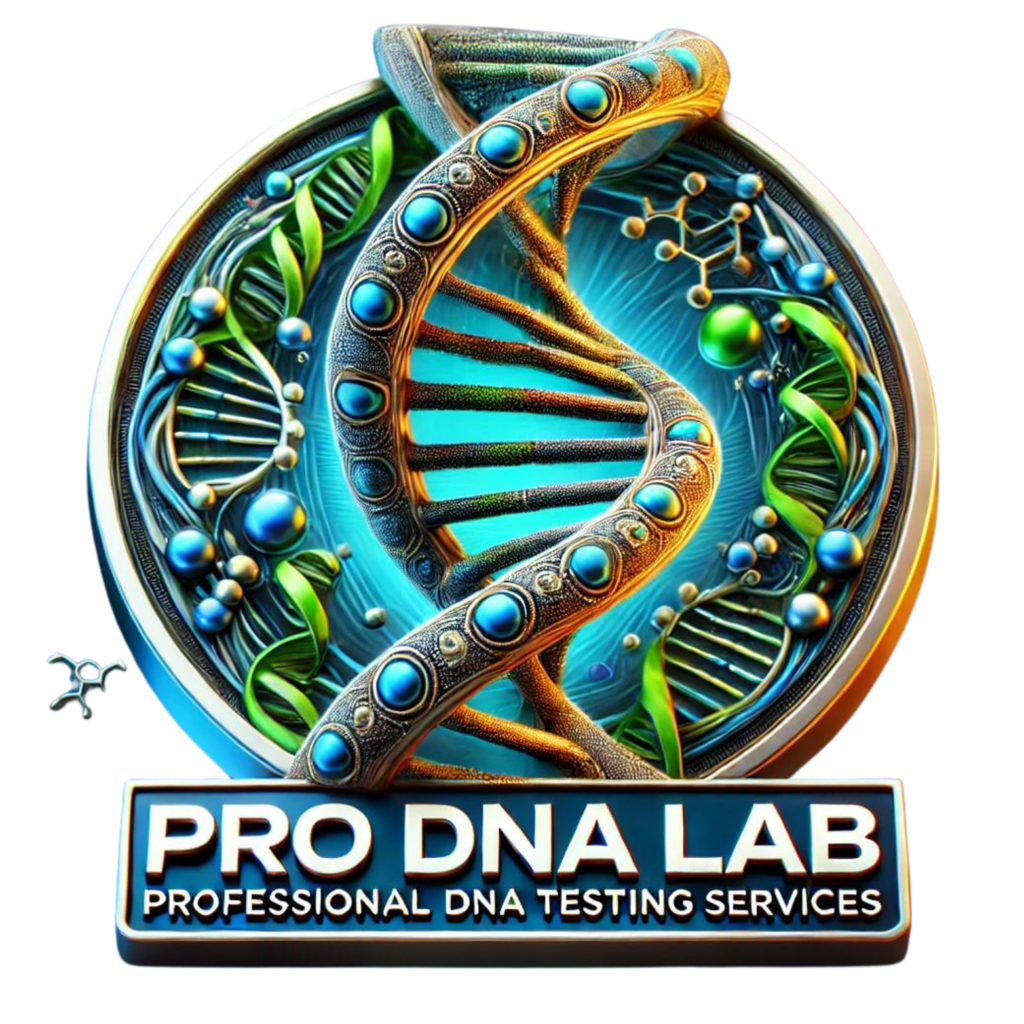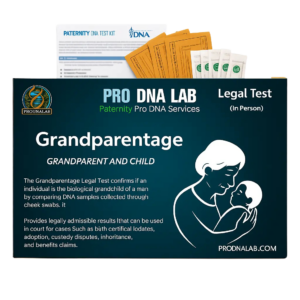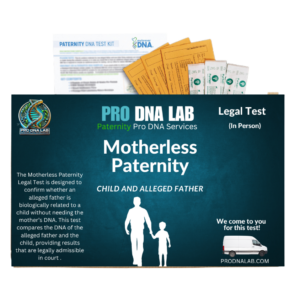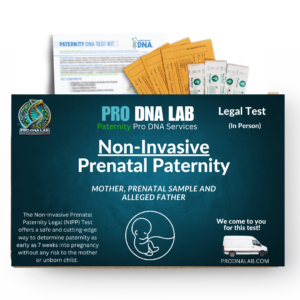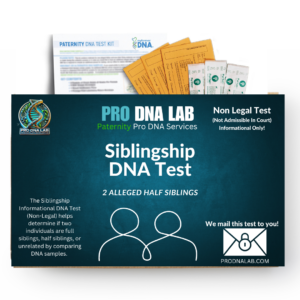Understanding Grandparent DNA Testing – Establishing Biological Relationships
Grandparent DNA testing is a specialized genetic test used to determine the biological relationship between an individual and their alleged grandparents. This test is commonly used when a direct parent (usually the father) is unavailable for paternity testing, making it an effective way to indirectly confirm biological relationships. The test analyzes genetic markers shared between the grandparent(s) and the grandchild to provide conclusive results about the family connection.
What is Grandparent DNA Testing?
A Grandparent DNA Test helps determine whether an individual is biologically related to their alleged grandparents. This test can be particularly useful in the following scenarios:
- Paternity Confirmation: When the father is unavailable or deceased, testing the paternal grandparents can indirectly establish paternity.
- Legal Situations: It is often used in legal cases involving inheritance disputes, custody claims, or social security benefits.
- Family Reunification: For families separated by adoption or other circumstances, grandparent DNA testing can confirm biological relationships.
How Does Grandparent DNA Testing Work?
- Sample Collection: DNA samples are collected from the grandparent(s) and the grandchild using a simple cheek swab. If both grandparents are available, testing both will provide a more accurate result. If only one grandparent is available, the mother’s DNA sample can be included to increase accuracy.
- DNA Analysis: The laboratory compares the DNA profiles of the grandchild and grandparent(s) to identify shared genetic markers. The number of shared markers will determine the likelihood of a biological relationship.
- Results:
- High Probability: A high number of shared genetic markers indicate a biological relationship between the grandchild and grandparent(s).
- Low Probability: If few or no shared markers are found, the results will show a low probability of a biological relationship.
Why Choose Grandparent DNA Testing?
- Alternative to Paternity Testing: When a direct paternity test is not possible, grandparent DNA testing provides a reliable alternative to determine whether the alleged father is biologically related to the child.
- Legal Purposes: Grandparent DNA tests are often used in court cases to establish biological relationships for inheritance claims, custody cases, and immigration purposes. When conducted with proper chain-of-custody procedures, the results are court-admissible.
- Family Knowledge and Reunification: In cases where families are separated due to adoption or other circumstances, grandparent DNA testing can provide confirmation of biological relationships, helping to reunite family members.
Accuracy of Grandparent DNA Testing
While testing both grandparents provides the highest level of accuracy, testing one grandparent can still yield reliable results. Adding the mother’s DNA to the test further increases the accuracy of the analysis. Results typically have a probability range of over 99.9% when confirming a biological relationship or excluding it with high certainty.
Who Can Benefit from Grandparent DNA Testing?
- Families Seeking Closure: For families needing to confirm biological relationships due to missing or deceased parents, grandparent DNA testing offers peace of mind.
- Legal Cases: Inheritance disputes, custody cases, or immigration applications often require proof of biological relationships. Grandparent DNA testing can be a critical tool in these situations.
- Adopted Individuals: Individuals who are adopted and looking to reconnect with their biological families can use grandparent DNA testing to confirm relationships.
Conclusion
Grandparent DNA testing is a valuable tool for confirming biological relationships when direct paternity or maternity tests are not possible. Whether for legal, personal, or family reunification purposes, this test provides reliable and accurate results that can help bring clarity and closure.
Keywords: grandparent DNA test, DNA test for grandparents, grandparentage testing, paternity test through grandparents, biological relationship DNA test, DNA test for inheritance disputes, grandparent DNA testing for legal purposes, genetic testing for grandparents and grandchildren, court-admissible grandparent DNA test, DNA test for family reunification, family DNA test, indirect paternity test, grandparent test accuracy, confirming biological relationships with grandparents.

